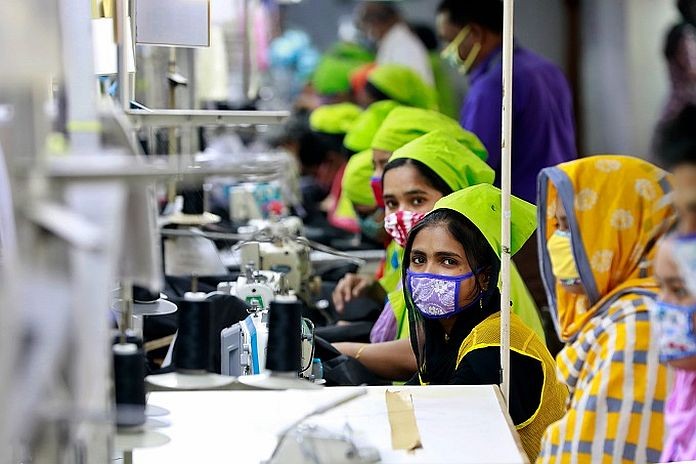By ITC News
GENEVA, Switzerland – Asian countries graduating from their least developed country (LDC) status need to take measures to bolster the textile and clothing sector in the transition to developing country status, particularly in response to the economic impact of COVID-19, recommends a recently published joint ITC-WTO-UN report.
Main findings
The report focuses on least developed countries including Bangladesh, Lao People’s Democratic Republic, and Nepal, where the textile and clothing (T&C) sector, a major industry, will be significantly impacted by graduation. LDC support measures offered by international development and trade partners have benefitted the T&C sector. Adjustments to these measures is part of the graduation process and will need to be managed to ensure a smooth transition for the countries overall, the report finds.
Combined T&C exports from Asian LDCs account for 8% of the global total, which contracted in 2020 due to the pandemic. The sector is an important source of employment, especially for women. The study notes that graduation presents an opportunity for the countries to develop strategies that can position the sectorhigher up the global value chain.
Manufacturers consulted for the study said they expected graduation to impact their export performance. In addition to facing higher tariffs, most garment manufacturers rely heavily on imported textiles and will struggle to meet more restrictive Rules of Origin criteria after graduation. Many said they do not have a response plan yet for LDC graduation and are focusing on addressing the impact of the pandemic.
Many major clothing brands and retailers consulted for the study believe that LDC graduation will only modestly affect their sourcing and are planning to expand sourcing from graduating LDCs over the next three to five years.
ITC analysis behind the report
ITC’s direct contribution to the outcome of the study includes a survey with 20 and 40 T&C manufacturers in each LDC country and around 30 leading international fashion companies (i.e., brands, retailers, and sourcing agents), conducted between May and August 2021. Based on the results, ITC analysed the data, provided an overview of the T&C sector and suggested strategies, country profile and case studies for enterprises to remain competitive.
“We have consulted many brands and retailers on their future sourcing plans and how it affects graduating LDCs,” says Pamela Coke-Hamilton, executive director of the International Trade Centre. “What we’ve found is that major buyers are consolidating their sourcing portfolio and increasingly, they are seeking to source from larger, often multinational apparel manufacturers. This poses a challenge to many apparel-producing small businesses in LDCs. Together with our partners, we hope to provide support for these small businesses, boost their competitiveness, and overcome this challenge.”
The study was produced by the World Trade Organization (WTO), the UN Department of Economic and Social Affairs (DESA), the International Trade Centre (ITC) and the UN Conference on Trade and Development (UNCTAD), bringing together different areas of expertise on LDC graduation and the T&C sector.





